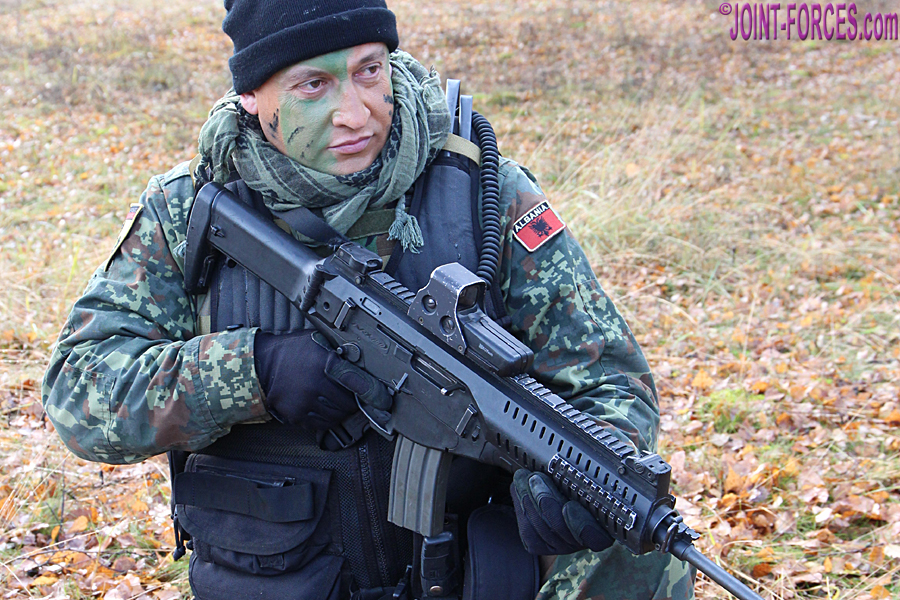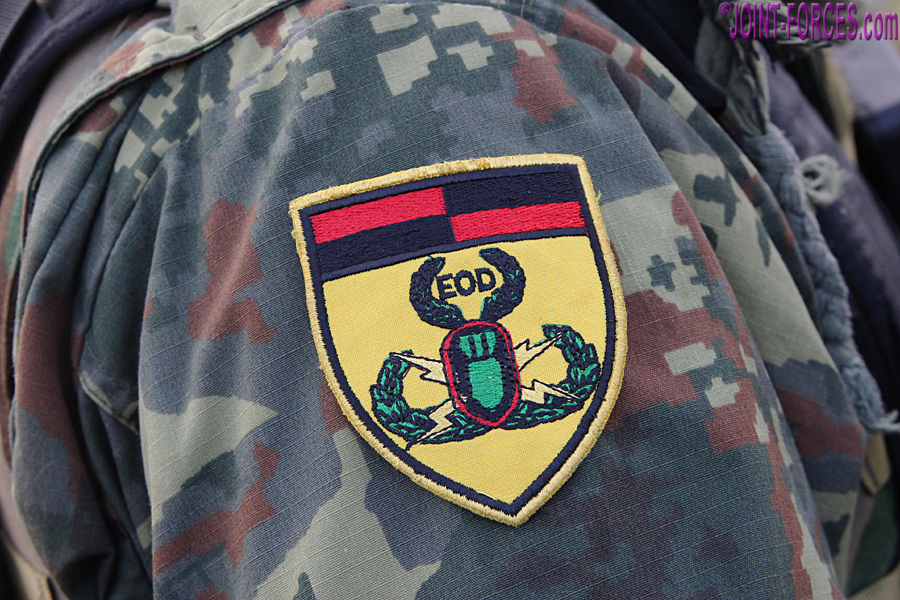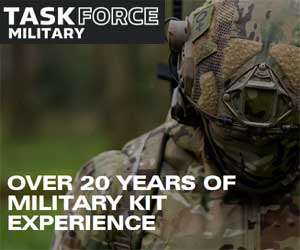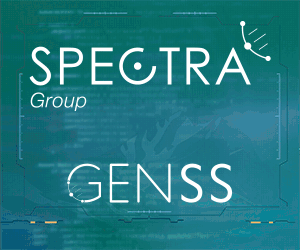The EOD contingent to the Canadian-led multinational eFP battlegroup in Latvia in 2017 wore Albanian M12 Woodland camouflage uniforms, writes Bob Morrison.
~
Defence industry press releases tend to dry up around the festive season and this usually gives me more spare time to delve into my archives to research photos and notes for use in future features. Invariably this also brings back to the surface some other topics I have not covered in JOINT-FORCES, such as the following article penned in late 2017 for the now defunct COMBAT & SURVIVAL Magazine which I have slightly reworked for our Kit & Camo section.
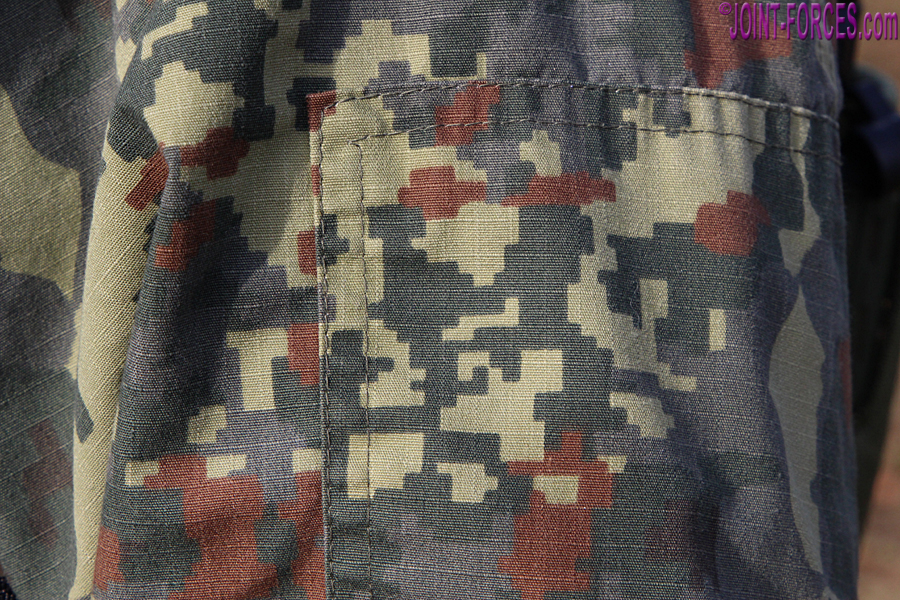
As part of the capability display laid on for the Distinguished Visitors Day at the end of Exercise SWIFT ARROW in Latvia in late October 2017, the Albanian EOD contingent to the Canadian-led eFP (enhanced Forward Presence) battlegroup laid on a tableaux of how they would deal with an IED (Improvised Explosive Device). The two three-man teams participating in this demo were wearing the intriguing M12 Woodland pattern combat uniform.
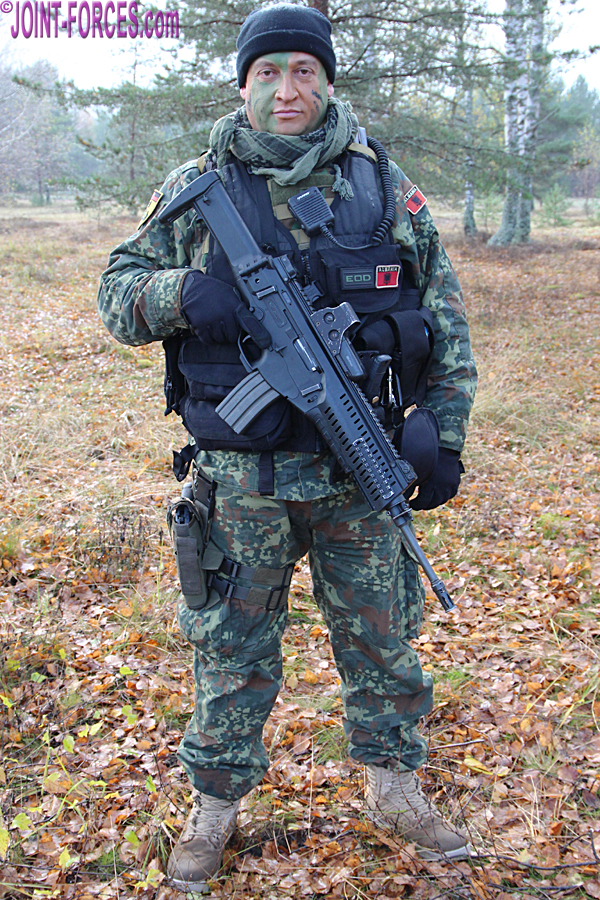
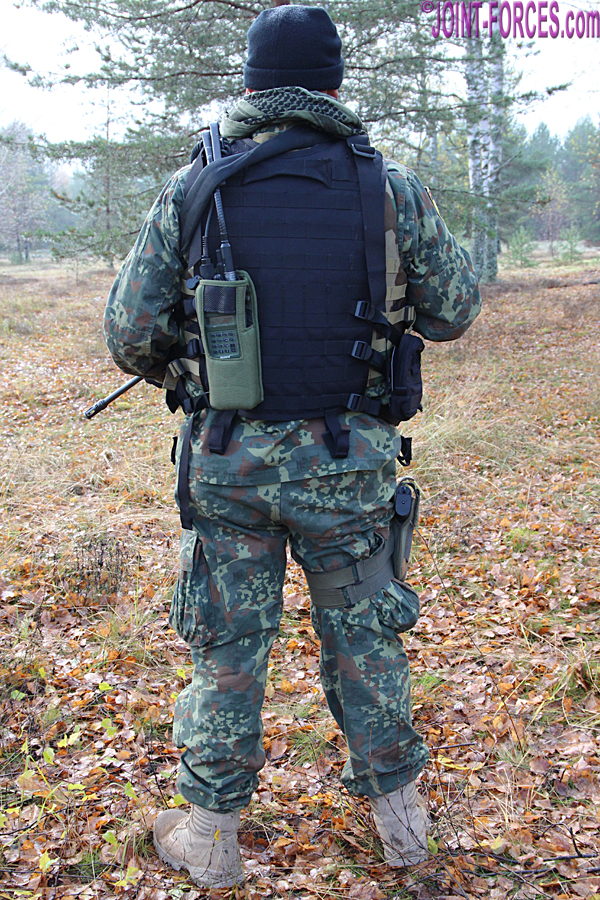
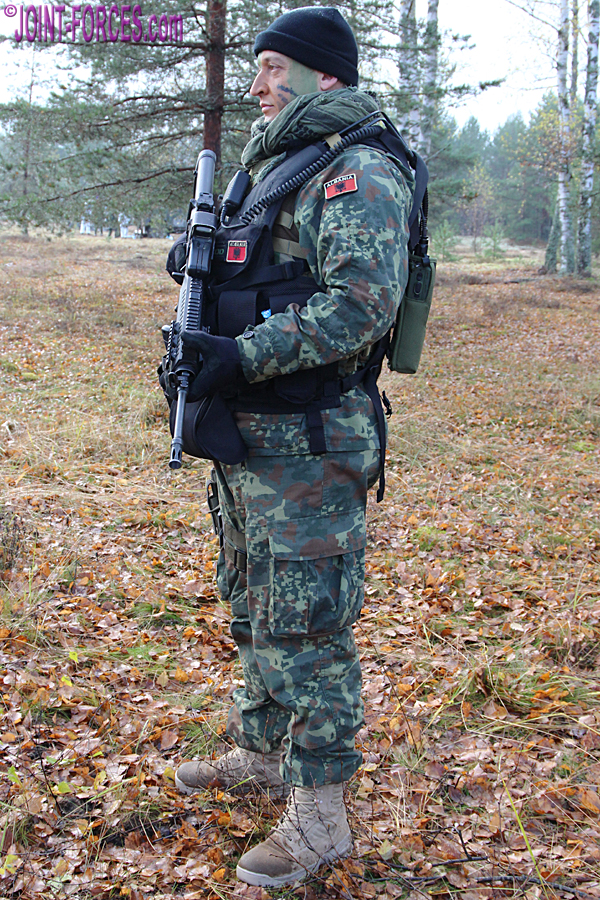
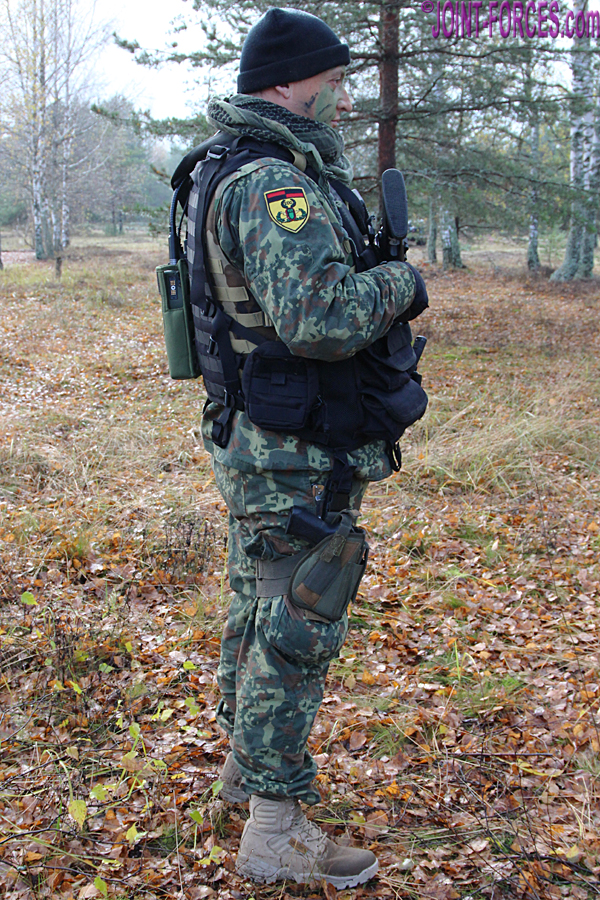
Albania’s Land Forces, massively restructured and downsized in the first decade of the millennium, and by 2017 were a brigade-sized professional formation consisting primarily of Headquarters, three Infantry battalions, a Commando battalion, a Special Forces battalion, a Combat Support battalion and a training wing. From commencement of the reforms in 2000 through until 2012 the standard camouflage uniform (excepting Special Forces and those operationally deployed with ISAF) was a copy of US M-81 Woodland or one of its derivatives, but towards the end of that year a highly original homegrown five-colour pattern was unveiled.
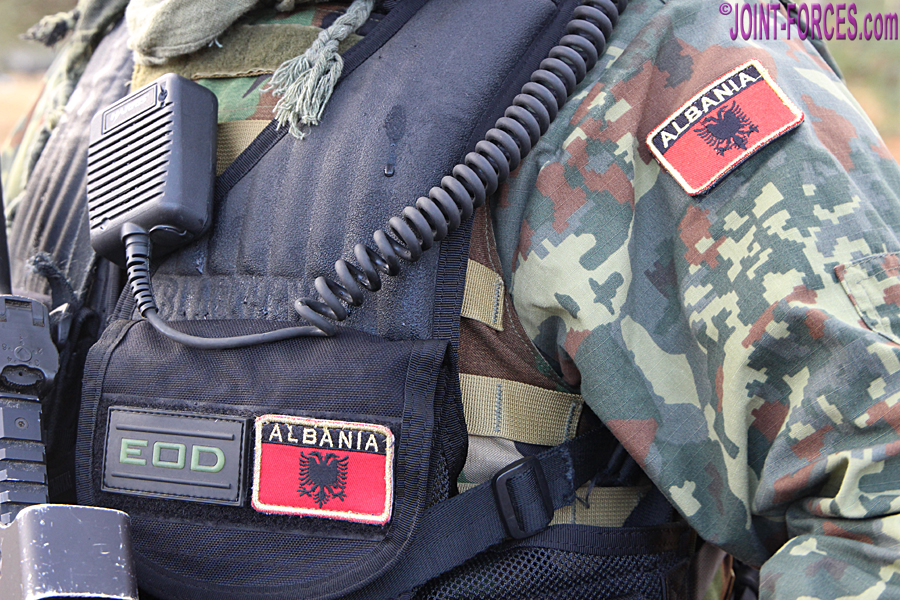
Other than grab shots of a single Albanian soldier in Poland for ANAKONDA 16, I had until late 2017 been unable to photograph this M12 Woodland pattern in detail in the field, so was unable to authoritatively state that this is not a conventional digital / pixellated camouflage, as some published sources had stated, but an unique hybrid of organic and digital shapes. Look to the left of the Albanian sleeve patch and you will note both curved edge, or organic / analogue, shapes and rectangular ‘pixels’ exist side by side; I could not recollect seeing such a pattern mix before this.
Although the pattern exhibits five colours, close inspection suggests that just three screens are actually used – dark green, slate grey and red ochre – on a greenish tan base with the fifth, near black, shade actually being small areas of the red ochre laid down over the dark green. Very cunning indeed. The plate carrier worn under the black vest is in US Woodland pattern.
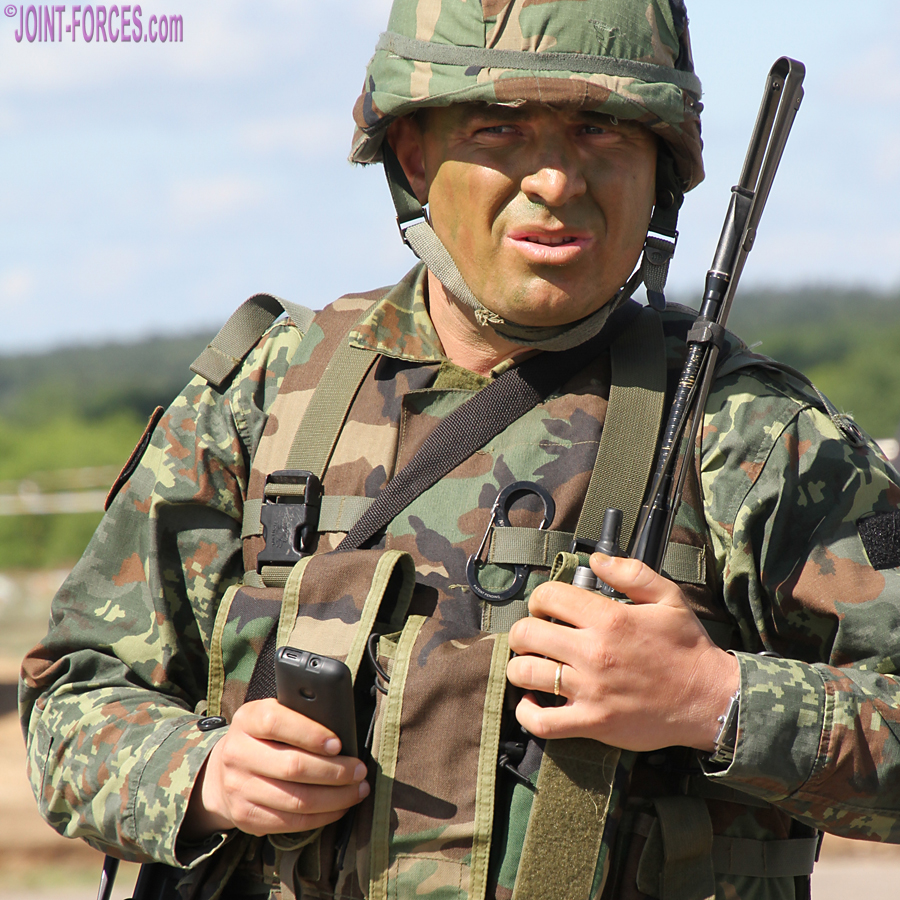
Albania’s 18-strong EOD detachment assigned to the eFP battlegroup stationed in Latvia in 2017 was predominantly Italian- and American-trained, with its specialist equipment such as protective suits and wheelbarrow robots etc. also sourced primarily from these countries. Operators received specialist training from other NATO partner nations, including the UK. Their vehicles included the Iveco LINCE, or LYNX, and Turkish-built Otokar Land Rovers such as the Defender 110 ambulance.
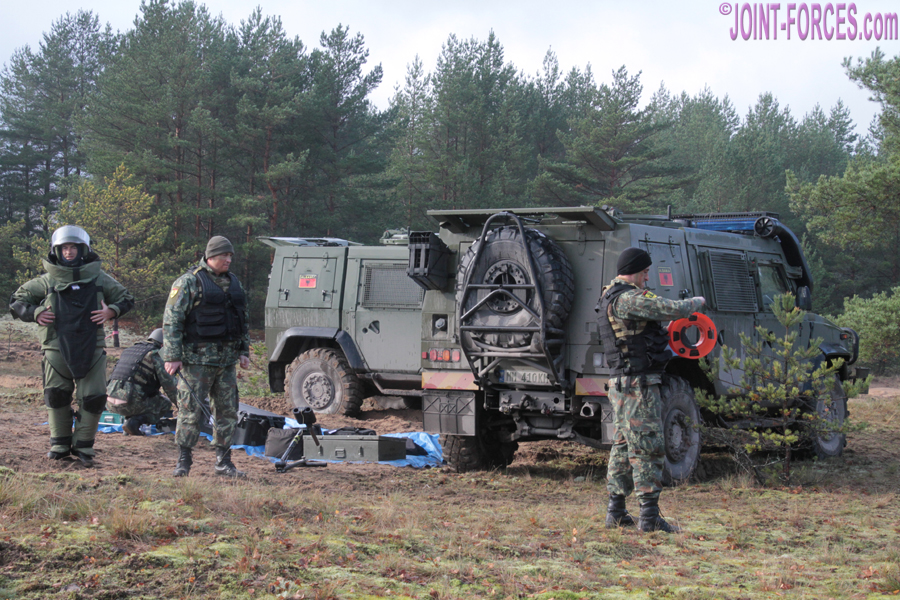
In the past I have only visited Albania once, back in 2013 when M12 Woodland pattern was still being rolled out, and on that occasion the only Albanian military personnel I worked with (other than Special Forces) were Air Force and Navy who were not routinely issued with the new camo pattern. At that time Albanian Special Forces wore Crye MultiCam uniforms and I was able to snap a single example of this on the quayside at Pasha Liman naval and military base.
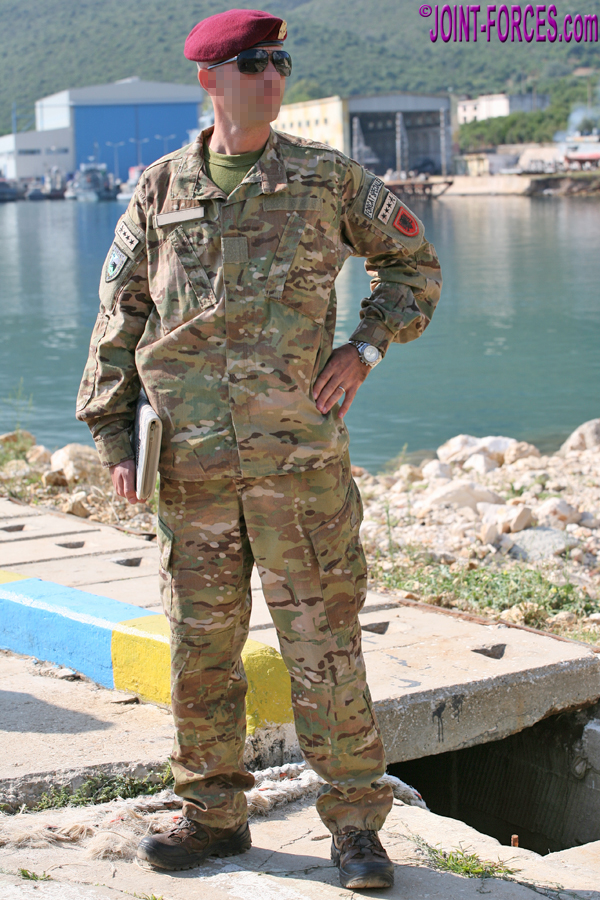
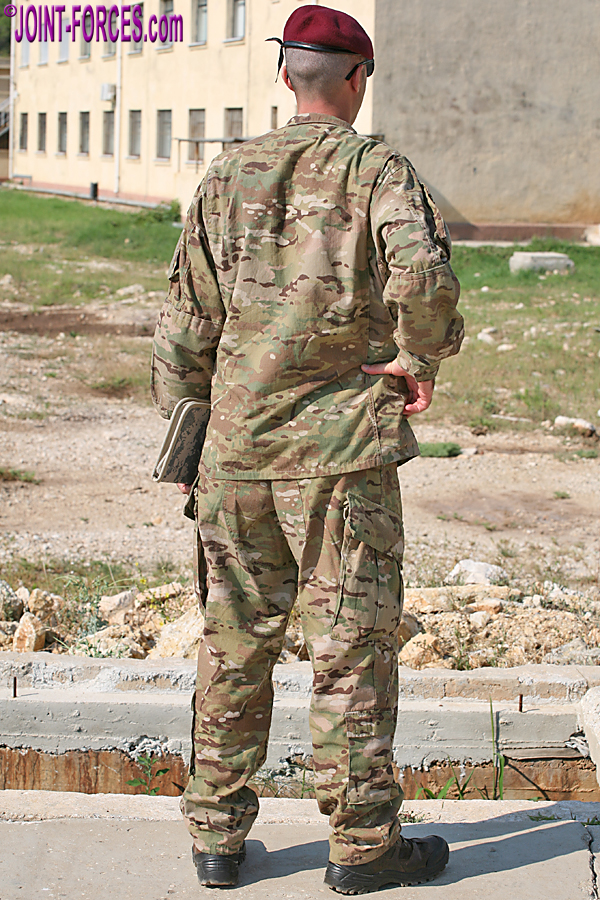
[ Images © Bob Morrison]
~


